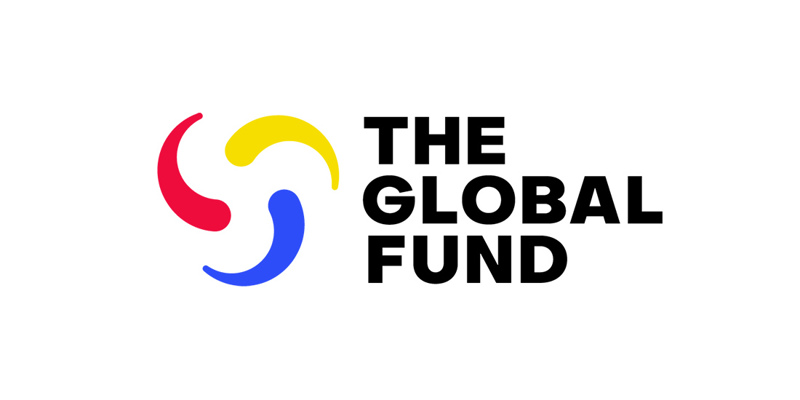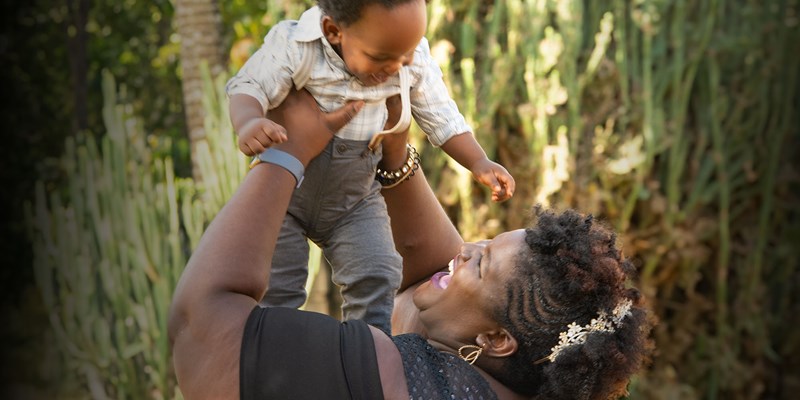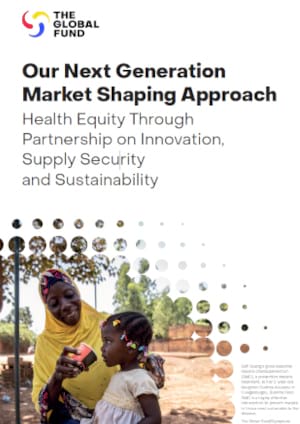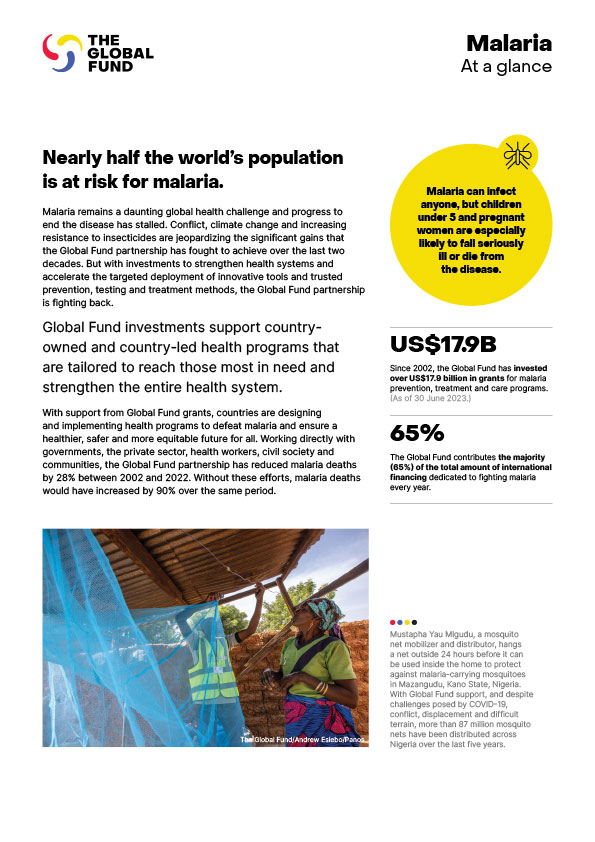Are you or your community affected by HIV, tuberculosis or malaria? The Global Fund needs your help in stepping up the fight against the three diseases. Your participation in country dialogues can help the programs we support work better for you and your community.
Each country that receives support from the Global Fund holds ongoing “country dialogues” where people affected by the diseases can share their experiences and help define the programs and services that can better meet your needs and the needs of your community. It is also where the choices are made about which services the Global Fund should be asked to fund.
If you are interested in participating in your country’s dialogues for the first time – or have participated before and want to learn how to strengthen your advocacy – here are some tips for you.

Get Connected
Stepping up at country dialogue
The Global Fund supports country dialogue that is meaningful, transparent and inclusive.
Our video shows communities how to prepare to participate in country dialogue more effectively. Watch
Our e-learning course on country dialogue shows what meaningful participation is, why it is important and what it can look like. Visit iLearn
Country Coordinating Mechanisms
Connect with the Country Coordinating Mechanism (CCM) in your country. They are responsible for coordinating an inclusive country dialogue process for the development of the funding request and can let you know where, when and how the country dialogue will take place.
CCMs include representatives from many different parts of society. When you contact the CCM, find out if a national organization is already representing your interests and the interests of your community on the CCM. If not, ask the CCM if you can speak for your community in the country dialogue.
Find contact information for your CCM using the Coordinating Mechanism Contacts tool.
Support Organizations
Connect with support organizations which can help prepare your organization for the country dialogue. The Community, Rights and Gender Technical Assistance Program can help connect you with organizations that will work with you to get involved with Global Fund related processes. This support might include community consultations, data analysis, program planning and proposing, or implementation oversight and monitoring. For example, a CCM addressed feedback from the Technical Review Panel by having a provider of Global Fund technical assistance undertake a mapping exercise of civil society organizations, networks of key and vulnerable populations, and coalitions of people living with HIV, and then develop a strategic framework on community systems strengthening.
France’s 5% Initiative and Germany’s BACKUP Health also have technical assistance programs. Technical cooperation partners like UNAIDS, RBM Partnership to End Malaria, and the Stop TB Partnership may also be able to provide support, depending on your needs.
If you experience difficulties connecting with CCM or support organizations, you can reach out to the Fund Portfolio Manager for your country. This member of the Global Fund Secretariat in Geneva may be able to help you get connected to the CCM, support organizations, or appropriate organizations in your country. Contact information for the Fund Portfolio Manager for your country can be found on the Data Explorer by selecting one of the grants your county has received.
Prepare Ideas
Reach out to your community and be ready to learn. You should ask:
- How does HIV, TB, and malaria affect them?
- Which health services are they using?
- Which health services are not being used and why?
- Are these services of good quality?
- Who provides them?
- How could they be improved?
- What human-rights, gender and age-related barriers exist that affect people’s use of these services?
- What role do community organizations play in the response?
Being able to share these experiences will be crucial during country dialogue. These stories will be made even stronger if you use data to place them within the epidemiological context in your country.
Look to the Essential Data Tables for key information on what is happening with HIV, TB and malaria in your country and in your community. If you face difficulties analyzing the data, technical assistance providers may be able to help you interpret this information.
Combining the data and the first-hand information from your community, you should be able to identify specific barriers to accessing or utilizing services and be able to suggest how existing services can be improved or which new services should be offered. If relevant, you can also show how community monitoring may help improve access to services and improve the quality of those services.
Join the Dialogue
Step up and participate in country dialogue. Using the data and analyses you’ve prepared, share your story and the stories of your community. Share how the diseases affect you, share how prevention, treatment, care and support services can be improved, and share how these services can be made easier to access.
By taking part in your country’s dialogue, you can help make sure that the programs used to end AIDS, TB and malaria work for you and for your community.







